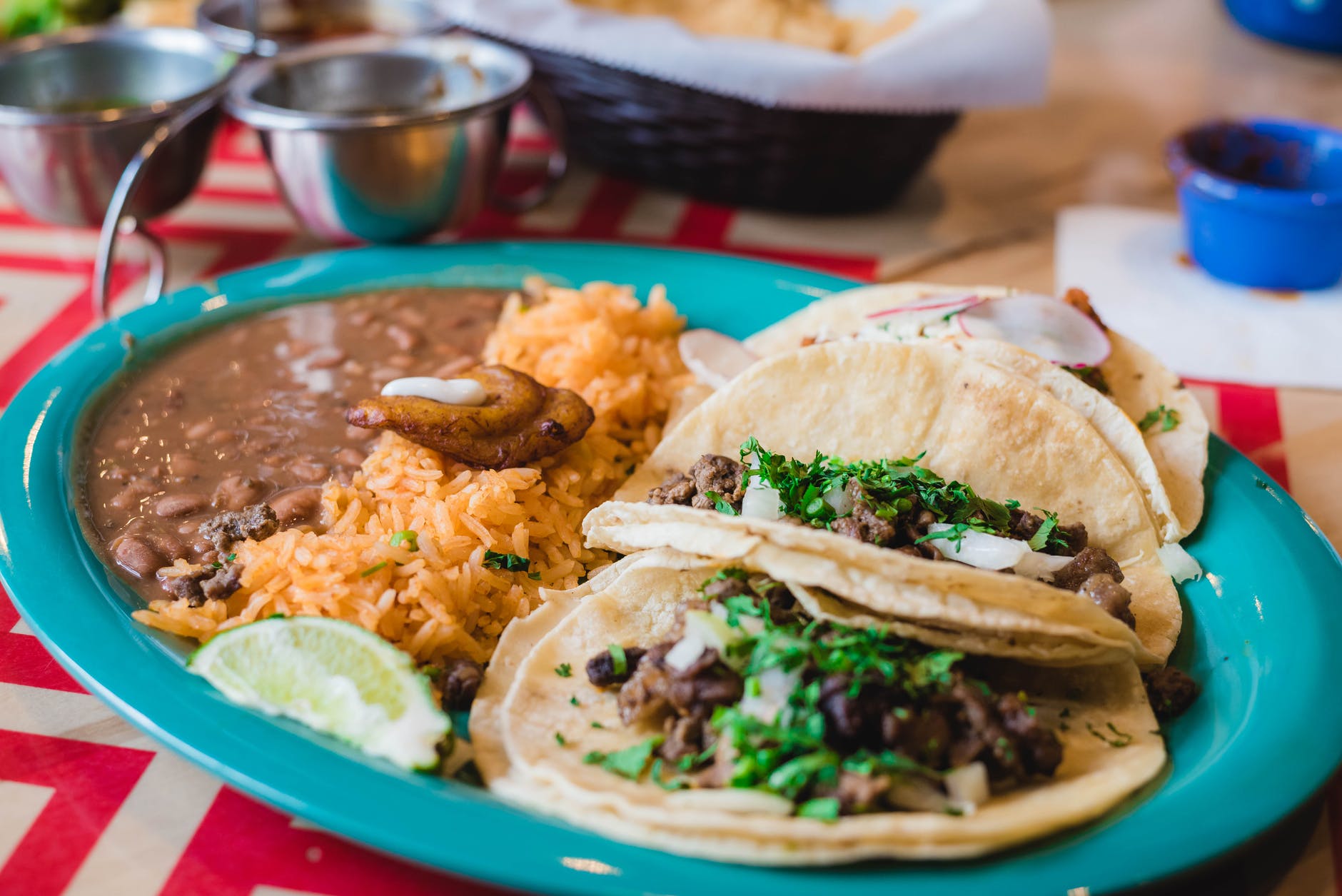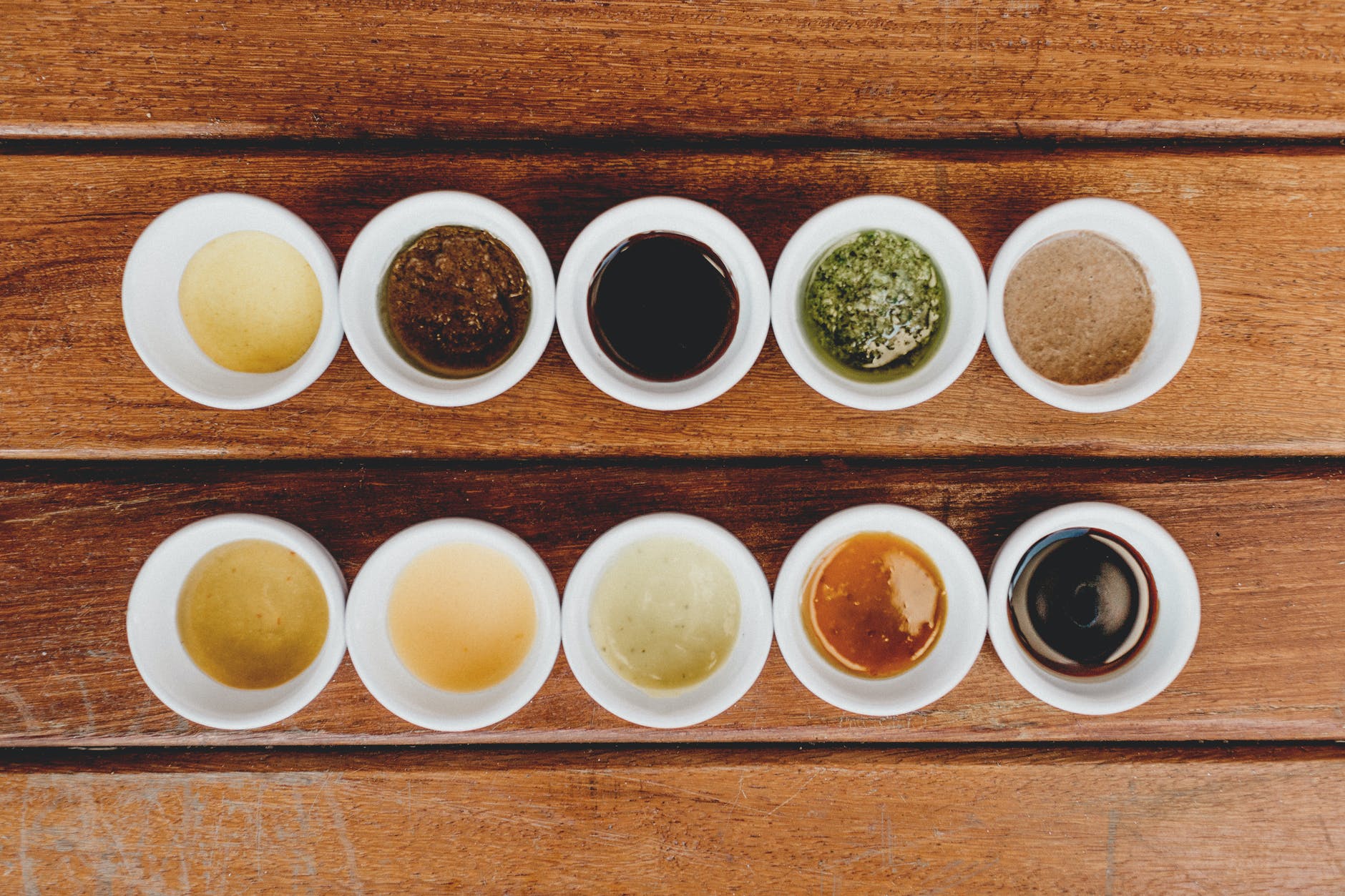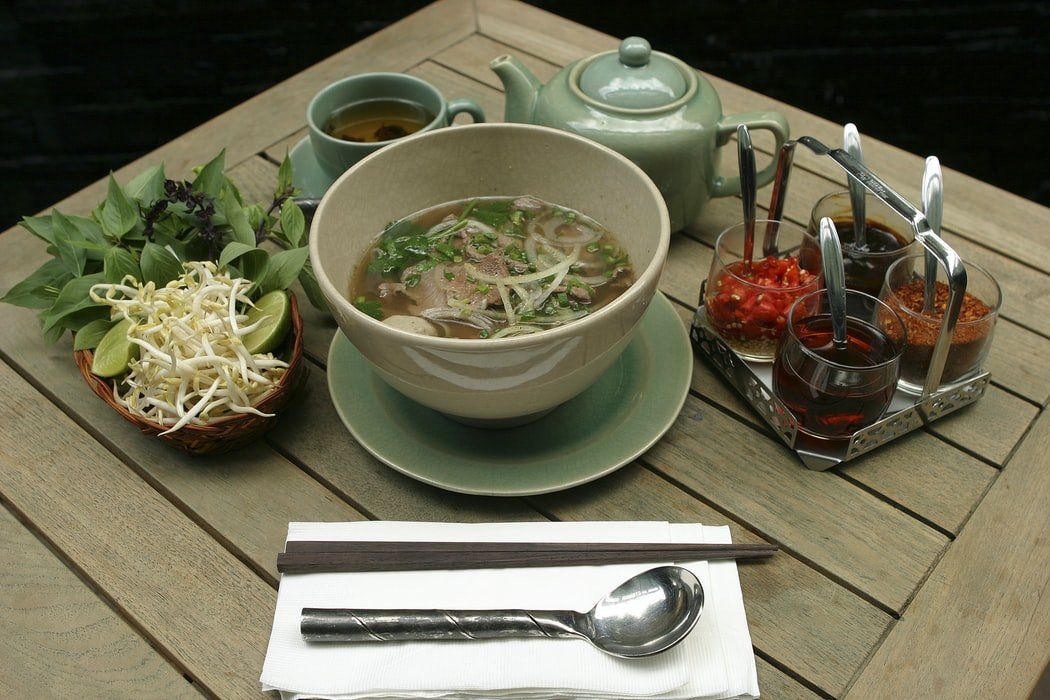1-877-HALAL-WW (+1-877-425-2599)
8 Types of Products to be Cautious of Before Purchasing

As halal conscious consumers, it is crucial to ensure that the products we are consuming are halal. In Muslim minority countries, this process can be very challenging.
Companies try their best to keep proprietary ingredients hidden, and many times mask ingredients with arbitrary, or unfamiliar names. If a product is not halal-certified, authenticating the halal status of a product can be very daunting.
To help ease this burden upon you, we have compiled a list of a few popular products that you should exercise precaution with before purchasing.
1. White sugar
You might find it hard to believe that not all sugars are naturally halal. White sugar goes through a filtration process in order to remove its naturally occuring color. Traditionally, the use of 'bone char' (or activated charcoal) has been the medium of filtration. Most companies still utilize this method, sourcing bone material from pigs, cows, and other animals.
According to Islamic rulings, bones originating from animals other than pig are not by nature
najis - even if the animal is not slaughtered according to Islamic standards. If it is used, it will not taint the sugar once it has gone through the filtration process. However, if it is derived from pigs, the bone char is considered filth, thus contaminates anything that touches it, which is problematic for the halal concious consumer.
Bone char can be rather hard to find, as it is not on the ingredients list. It is merely a processing aid that does not feature once the filtration process is complete. Instead of bone char, modern facilities are using activated carbon and ion-exchange resin . Both of these processing aids are used to refine and purify sugar without any animal by-products.
Moreover, we've contacted several companies, namely, National Sugar , Crystal Sugar , and Domino Sugar , and they have confirmed they use of either non-animal filtering aid or cattle bone char exclusively.
To be on the safe side, consider shifting to unrefined, organic, and raw sugars such as Sugar in the Raw Turbinado Sugar and Now Food's Organic Coconut Sugar . Moreover, unrefined sweeteners such as dates , stevia , palm sugar , or maple syrup are good options.
2. Candies and confectionery products
Gelatin is a common ingredient within the confectionery industry as it creates the chewy textures in gummy sweets that we've grown to love. We need to be wary of household brands such as Haribo , Brach's Candy Corn , Maynard's Wine Gums as they may contain traces of gelatin.
In particular, Sour Patch Kids and Swedish Fish are especially controversial surrounding its disclosure of ingredients. Gelatin is not listed as an ingredient, and when we asked about their gelling agent, they disclaimed that this knowledge was 'proprietary.'
Also, for Haribo gummy bears, the producer uses both pork and beef gelatin. However, in Turkey, some facilities use beef gelatin exclusively. In the USA, Haribo imports both pork and beef gelatin-based products. If you need to purchase from Haribo, check the back of the package for its country of origin.
According to the Haribo team (via personal communication), all Haribo products imported from Turkey contain halal gelatin even though it does not carry a halal logo. If you are still in doubt, go to your local store and find imported products intended for the Turkish market with a halal logo. Alternatively, there are halal (not certified however) gummy sweets such as AirHeads and Wonka Everlasting Gobstopper.
3. French Fries
It's easy to assume that french fries are naturally halal since they're just potatoes fried in oil. Unfortunately, that's not always the case.
Traditionally, frying french fries in lard was a common practice to give it an enhanced savory flavor. With the rise of plant-based diets, many restaurants and fast-food chains have shifted to vegetable-based oils, but one should be careful to inquire to be sure. You may also check the company's website, as restaurants may update their recipes.
Some companies soak their french fries in beef or pork tallow (fat). McDonald's is notorious for this practice, which gives their fries the iconic, "Mickey D's" aroma. According to Thoughtco.com, McDonalds French Fries still use animal bi-products in their processing.
Aside from animal by-products in frying oils, be cautious of restaurants that serve meat products, as there is always a possibility for cross-contamination.
As an alternative to fats containing animal by-products, frozen french fries such as Ore-Ida Extra Crispy Frozen Fries are healthier options as you can fry them in your oil of choice.
4. Chinese Foods
With relatively affordable prices and a diverse range of dishes, Chinese take-out is one of America's favorites. However, lard, pork, and pork-based products are common ingredients in Chinese cuisines such as mostly stir-fry, deep-fry, soup, steam buns, bread, and many more.
Even when you order seemingly vegetarian or seafood dishes, it is almost a guarantee that the foods have been in contact with haram ingredients through the usage of the same cooking equipment and a lack of proper cleaning procedures. Pork and other animal products are fried using the same oil, which will compromise items like vegetable eggrolls, scallops, and other deep fried products.
If the craving for Chinese food emerges, look out for halal-certified Chinese restaurants in your local area or cook them at home with your favorite Asian products.
7. Sauces (Bearnaise, Bordelaise, Steak and BBQ sauces)
The next time you go out for dinner, be cautious if the restaurant serves bearnaise or bordelaise sauces. Popular brands such as Maison Potier and Kroger's Private Selection contain traces of white and red wine in their sauces.
Additionally, steak and BBQ sauces may contain added rum and bourbon. Before purchasing or consuming sauces, scan the ingredients list for any alcoholic traces or questionable ingredients.
As an alternative to store-bought sauces, home-made recipes such as My Halal Kitchen's are quick and easy to whip up!
8. Japanese cuisine (sushi, miso soup, soy sauce, teriyaki sauce, etc.)
When thinking of Japanese foods, sushi might be the first thing to pop into our heads! It's a popular food that's readily available in seafood restaurants and prepackaged as a ready-to-eat meal in grocery outlets.
While sushi is typically prepared with harmless ingredients, sushi rice can be prepared with mirin or rice vinegar. Mirin (or sweet rice wine) and sake (rice wine) contain alcohol and are frequently used to provide an umami flavor in various Japanese dishes.
Aside from Japanese cuisine, condiments such as soy sauce and teriyaki also contain alcohol. As a by-product of the fermentation process, soy sauce consists of 2% alcohol. Also, according to Kikkoman, teriyaki sauces can contain mirin or wine.
Instead of giving up on Japanese condiments altogether, try to find products prepared with vinegar instead of mirin or sake. As an alternative to soy sauce, liquid aminos is a non-fermented (and therefore alcohol-free) and gluten-free option.
Conclusion
Many companies withhold questionable ingredients from the public eye. And while it is virtually impossible to list every controversial product out there, opt for products with minimal, healthy and natural ingredients. Where halal-certified foods aren't available, organic, vegan, or kosher certified products are viable substitutes.











